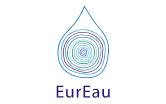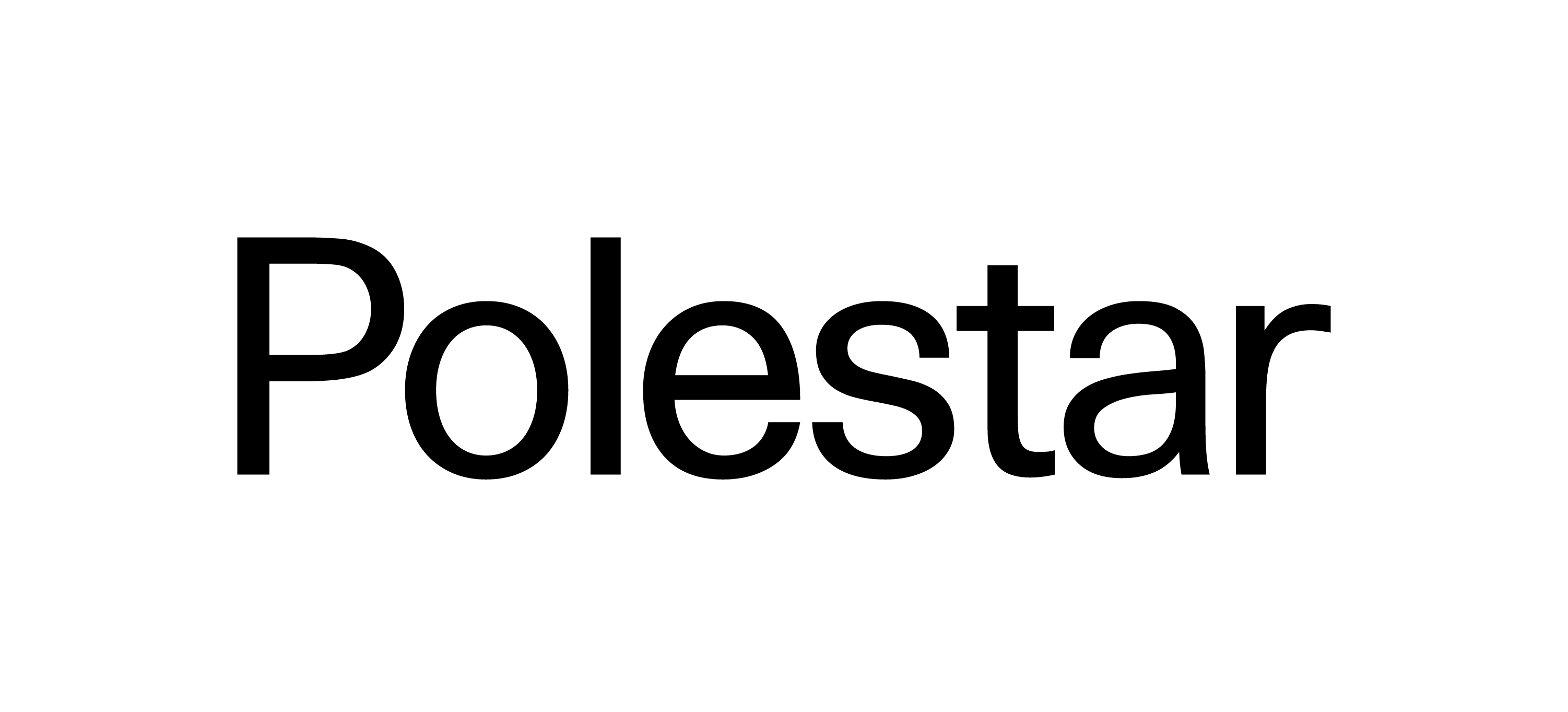A growing number of companies are working actively to reduce their use of hazardous substances, inspired by international environmental agreements as well as their customers’ concern for safer products. ChemSec has a long record of engaging in the corporate debate on how to move away from hazardous substances, and we highlight business examples for others to follow.
As long as legislative improvements on hazardous chemicals are slow, there is a crucial need for companies to voluntarily move away from chemicals with highly problematic properties.
Increasingly individual companies are waking up to the risks and opportunities of hazardous chemicals, not only for brand image but also their overall competitiveness.
ChemSec has an abundance of information and tools aimed at companies looking to improve their chemical management work, showing you that substituting hazardous chemicals with safer alternatives is both technically and economically feasible.
Businesses do not like strict regulations?
There is a common misunderstanding that industry oppose strict chemical regulations. This is largely a result of chemicals manufacturers lobbying on their own behalf while also claiming to speak on behalf of downstream users, such as consumer goods manufacturers, retailers and others. Yet it is exactly these users who have much to gain from better control over the chemicals that enter their operations.
These businesses are dependent on up-stream suppliers for the safety of the items they produce and market. Therefore, they view appropriate regulation and pro-activeness as reducing their economic risks, creating a more equal playing field in the marketplace, and favouring public and consumer relations. In fact, evidence shows that large sectors of industry would gain from stricter chemicals legislation. It’s no surprise that many leading companies are “taking care of business” by helping to push for greater information and control.
A passive approach is not the answer
Despite being positive towards EU’s chemicals policy REACH, many companies have not tried to influence the process unilaterally for a number of reasons. Many simply do not fully understand the impact of changed chemicals legislation on their particular field of business. Others mistakenly assume that their respective trade associations, which in reality tend to take a more conservative, “lowest common denominator” approach, always look after their needs. Finally, others have simply not found the right channels to follow and influence the relevant pieces of legislation that could help them gain some control of their supply chain.
Latest business news
Companies want tougher legislation
A prevalent misconception among media, politicians and others is that industry finds chemical regulations ineffective, burdensome and a threat to their profits. But the fact is that a growing number of companies view appropriate regulation and pro-activeness as way to reduce their economic risks, create a more equal market playing field, and support public and consumer relations. In fact, evidence shows that large sectors of industry would gain from stricter chemicals legislation. No surprise that many leading companies are “taking care of business” by helping to push for greater information and control.
Here we have gathered a number of company quotes regarding REACH:
“H&M supports a strong chemical legislation and our Chemical management is based on prevention and the precautionary principle. We restrict the use of chemicals considered as hazardous in our production processes and define hazardous chemicals according to an intrinsic properties approach. When substances are listed on the REACH candidate list, the demand for more innovation and finding better alternatives increases”.
— H&M
“The EU REACH requirements are in line with how IKEA works with chemicals. The precautionary principle and substitution principle are the basis for how both REACH and IKEA works with chemicals.”
— IKEA
“In 2011 we phased out the last remaining uses of lead chromate in all our industrial paints. As safer and effective alternatives to lead chromate pigments are available for industrial paints and have been fully accepted in the marketplace, we are surprised that the EU looks set to grant an authorization for the continued use of lead chromate in these paints for at least 12 more years under REACH”.
— AkzoNobel
“As investors in the European chemical industry we are concerned that authorisations for SVHCs will be given despite the existence of functioning alternatives on the European market. Recent proposals from the Commission to streamline and simplify the authorization process may have an unintended ‘chilling’ effect on efforts by the industry to invest in novel greener chemical products as substitutes.”
— Aviva Investors, BNP-Paribas, Impax and WHEB
“Kingfisher’s policy is to apply REACH globally. This means we follow the Authorisation process closely and apply the sunset dates to all concerned substances found in our supply chain. We do this because protecting our planet and our customers from potentially harmful substances is a key concern to us”.
— Kingfisher
Stay updated!
Subscribe to our newsletter.
ChemSec Business Group
The ChemSec Business Group is a collaboration among companies working together to inspire concrete progress on toxic use reduction. It gathers market-leading companies, across a diversity of sectors, for the development of effective corporate practice in the substitution of hazardous substances. It also raises public awareness of companies’ efforts to be drivers on this issue.
At a meeting in Gothenburg, Sweden in 2004, ChemSec laid the foundation for closely communicating and collaborating with industry. The goal was to find common ground between ChemSec’s pursuit of a toxic free environment and individual companies’ ambitions to be successful and more sustainable in their operations.
Seizing an opportunity
The ChemSec Business Group was thus established as a forum for downstream enterprises, such as retailers, manufacturers of consumer goods, etc., that are working together defining and raising the bar on toxics use reduction. These progressive companies have expressed either being positive towards stricter chemicals legislation and/or they are actively seeking to avoid hazardous substances in their production, regardless of legislative development, but rather as a response to consumer demand, risk management, and other responsible business priorities.
Internally the group serves its participants, all engaged in sustainability issues, to meet, discuss, and achieve a greater understanding of the challenges they face in terms of chemicals policies and management. Companies active within very different sectors of industry nonetheless often face similar challenges, and can apply similar solutions. Accordingly, the group is non-sector-specific and actually seeks a diversity of sector representation.
Driving the debate and spreading the message
The group is also a platform for public activities or partnership opportunities aimed at promoting the understanding of, and providing solutions to, emerging chemicals issues. The objective is to drive the debate as well as increase engagement in chemicals related issues.
Since it began in 2004, the group has held annual meetings, in Gothenburg, Copenhagen, London, Stockholm and (again) London, as well as organised and carried out a number of activities within the area of progressive chemicals policies. These include seminars in the European Parliament, business-to-business conferences as well as producing a number of publications demonstrating the business sense of sustainable chemicals policies in industry. The ChemSec Business Group has also been actively involved in the development of the SIN List, a list developed by ChemSec containing Substances of Very High Concern in accordance with the criteria laid out in the EU chemicals regulation REACH.
ChemSec does not accept payment or donations from any of our corporate partners.

















